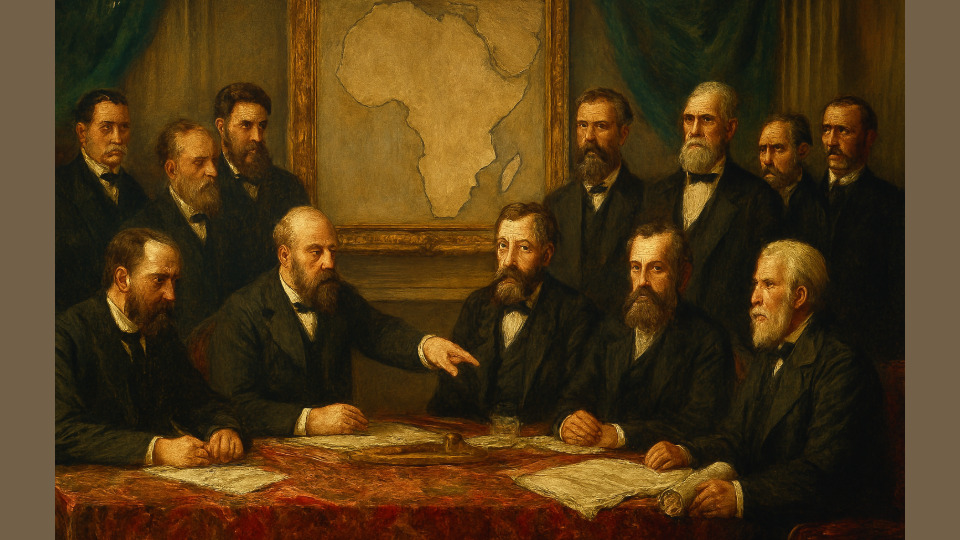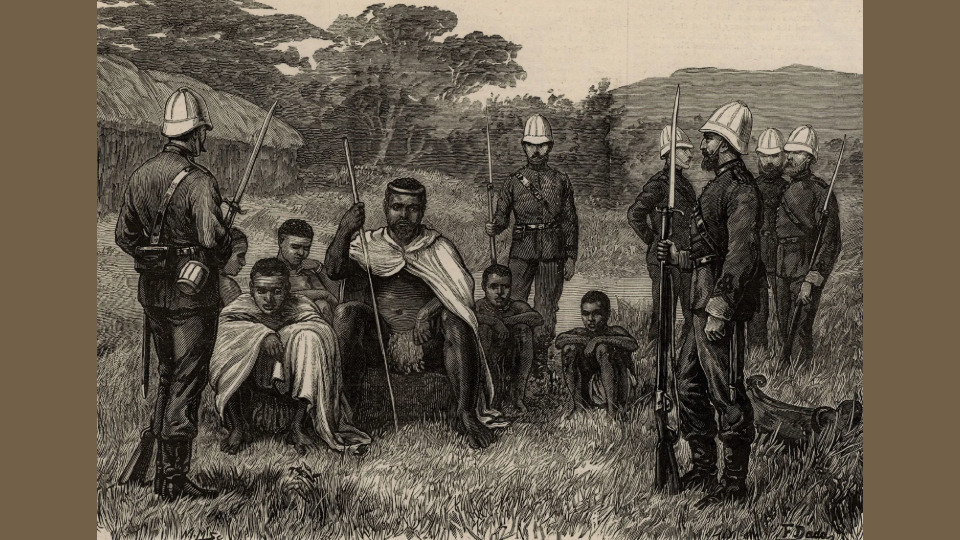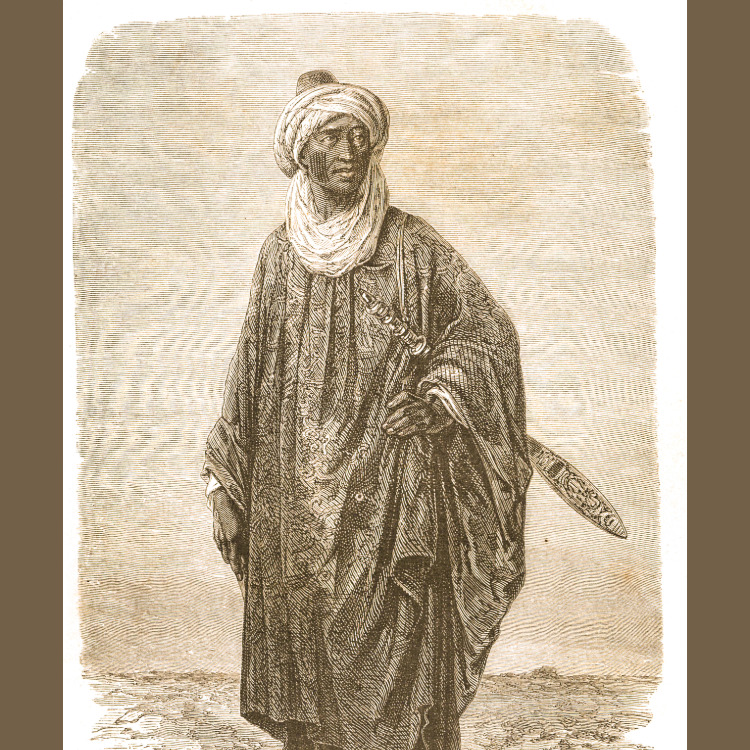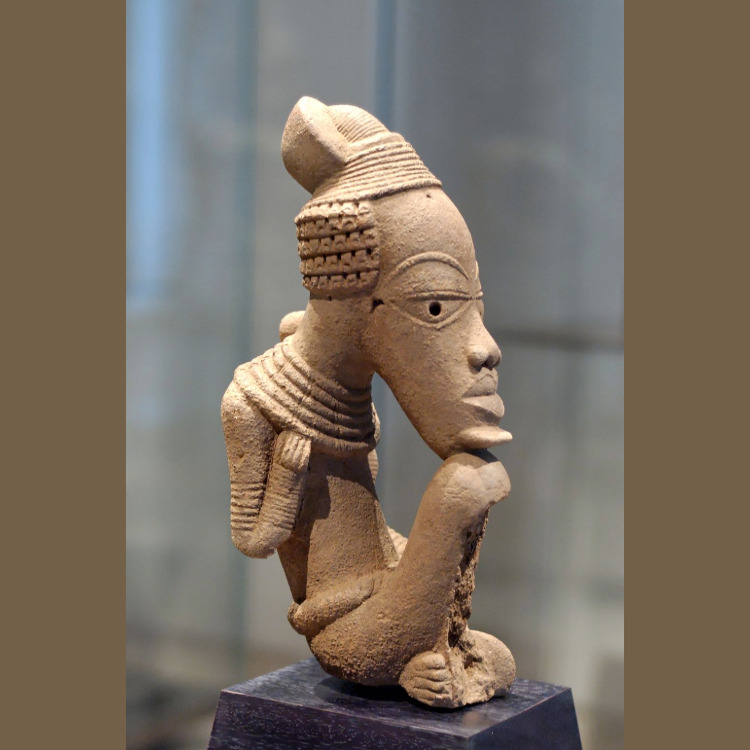Colonial Administrative Systems in Africa
Colonial administrative systems were the structures European empires designed to control African territories, extract resources, and enforce metropolitan policies. They determined who held authority—whether indigenous rulers under supervision or officials appointed from Europe—and defined how taxation, labor, and legal systems operated. These frameworks shaped political boundaries, institutions, and power dynamics that endure in postcolonial Africa.
Frameworks of Colonial Rule
European empires implemented four main administrative theories to govern their African colonies:
- Indirect Rule: Governed through existing local authorities under European oversight, blending customary institutions with colonial demands.
- Direct Rule: Supplanted indigenous governance with metropolitan administrative units staffed by officials from the metropole.
- Assimilation: Aimed to transform colonial subjects into metropolitan citizens by imposing language, legal codes, and cultural norms.
- Association: A pragmatic alternative to assimilation, respecting certain local customs while ensuring colonial objectives were met.
British Indirect Rule
Britain’s indirect rule co-opted traditional authorities to implement colonial directives under the supervision of British district officers:
- Mechanism: Local chiefs, kings, or warrant chiefs retained customary legal powers while British officials controlled taxation, labor recruitment, and major policy decisions.
- Rationales:
- Economical governance minimized the need for a large European bureaucracy.
- Political stability leveraged respected leaders to reduce resistance.
- Cultural assumptions favored gradual change via familiar institutions.
- Preconditions: Functioned best in regions with centralized precolonial polities; where none existed, warrant chiefs were appointed to fill leadership voids.
- Impacts: Strengthened compliant elites, altered succession norms, and embedded colonial demands within traditional structures, sometimes at the expense of customary checks and balances.
French Direct Rule
France’s direct rule dismantled indigenous governance and replaced it with metropolitan administrative units—cercles and cantons—led by French-appointed officers:
- Mechanism: Indigenous authorities were replaced or subordinated; French civil codes, language policies, and uniform bureaucratic procedures were imposed.
- Ideology: Republican assimilation sought to make colonial subjects French citizens under French laws and culture.
- Preconditions: Relied on a centrally designed administrative blueprint with minimal use of local power structures.
- Impacts: Eroded hereditary leadership, marginalized customary institutions, and built large European-staffed bureaucracies that limited local political innovation.
Planning and Execution Across Africa

Leaders and Planning Colonization
- Berlin Conference and Boundary Delimitation
At the Berlin Conference (1884–85), thirteen European powers met to formalize their claims in Africa. Delegates drew borders on blank maps, established “spheres of influence,” and defined “effective occupation” criteria. Surveyors and naval officers conducted coastal mapping, while chartered companies and missionaries provided interior reports. The resulting lines paid no heed to ethnic territories or preexisting states, setting the stage for fragmented polities and border disputes【3^】. - Establishing Administrative Units
Colonial governments divided each territory into provinces, districts, and subdistricts to align with administrative frameworks. Under indirect rule, districts often mirrored precolonial kingdoms or chiefdoms, preserving native hierarchies for tax collection and labor conscription. Direct rule territories adopted a uniform grid: provinces subdivided by latitude–longitude, ignoring traditional boundaries. Geographers produced detailed cadastral maps to allocate land concessions for plantations, mines, and cash‐crop farms【3^】. - Staffing and Oversight
European powers recruited a small cadre of metropolitan officials—governors, district commissioners, and assessors—through colonial service exams and training academies in Europe. Indirect rule systems relied heavily on local intermediaries: chiefs, headmen, and clerks who enforced orders in their communities. Direct rule required larger European bureaucracies, with French cercles staffed by inspectors, commandants, and clerks. Hierarchies formed around pay scales, educational requirements, and racial segregation within the civil service【3^】. - Legal and Fiscal Integration
Colonial administrations codified property rights, introduced hut and poll taxes, and mandated labor quotas. Under indirect rule, courts blended customary law with colonial statutes, allowing chiefs to adjudicate local disputes under European oversight. Direct rule replaced indigenous legal systems with metropolitan civil and criminal codes, establishing colonial courts staffed by European magistrates. Revenue departments centralized tax collection, using head taxes to fund infrastructure projects and military garrisons, while legal reforms entrenched European land tenure systems across colonies【5^】.
Colonizer–Country Mapping
| Colonizer | Present-Day Countries |
| Britain | Egypt; Sudan; Kenya; Uganda; Nigeria; Ghana; Sierra Leone; The Gambia; Zimbabwe; Zambia |
| France | Algeria; Senegal; Mali; Burkina Faso; Benin; Niger; Chad; Central African Republic; Gabon; Ivory Coast; Madagascar |
| Belgium | Democratic Republic of the Congo |
| Germany | Tanzania (mainland); Namibia; Cameroon (partial); Togo (partial) |
| Portugal | Angola; Mozambique; Guinea-Bissau; Cape Verde; São Tomé and Príncipe |
| Italy | Libya; Eritrea; Somalia |
| Spain | Western Sahara; Equatorial Guinea |
References
- CHAPTER EIGHT: COLONIAL ADMINISTRATION IN AFRICA – KAWA
https://kawa.ac.ug/Africanhistory/chapter_eight_colonial_administration_in_africa.html - Colonialism and the African Experience – Pearson
https://www.pearsonhighered.com/assets/samplechapter/0/2/0/5/0205208606.pdf - TOPIC 2 – COLONIAL ADMINISTRATIVE SYSTEMS | History Form III – Hesande
https://www.hesande.co.tz/2024/09/topic-2-colonial-administrative-systems.html - Indirect Rule – Encyclopedia Britannica
https://www.britannica.com/topic/indirect-rule - Direct Rule – Encyclopedia Britannica
https://www.britannica.com/topic/direct-rule
latest video

nia via inbox
Stay connected. Subscribe and get updated on what's new with Nia!








